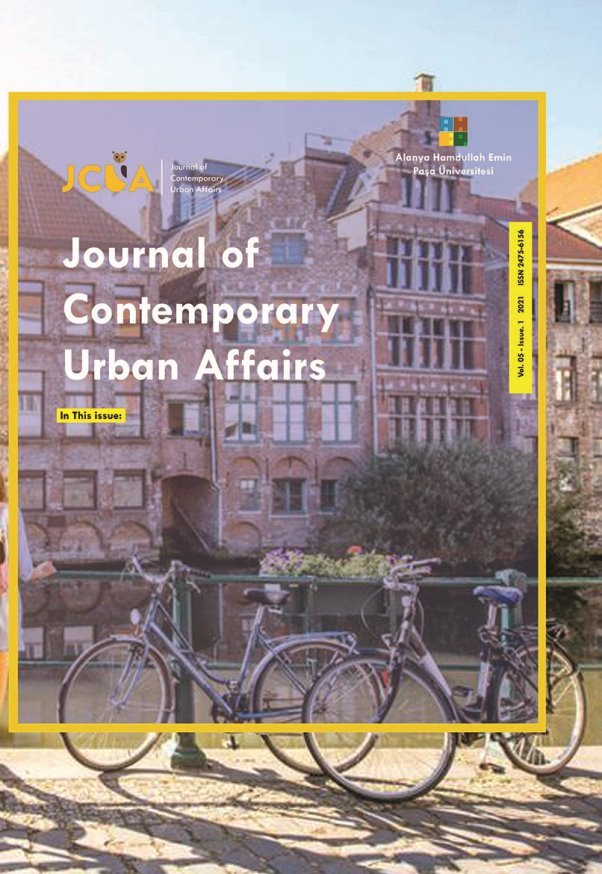
Journal Of Contemporary Urban Affairs
Yazarlar: Singh Kanwal Deepinder Pal
Konular:-
DOI:10.25034/ijcua.2018.3674
Anahtar Kelimeler:Carbon Consumption Tax,Sustainabledevelopment,Global climate change,India
Özet: Global climate change is a major issue confronting policymakers worldwide, and there is widespread scientific acceptance of the reality of climate change and its adverse consequences In terms of economic analysis, greenhouse gas emissions (GHG), which cause planetary climate changes, represent both an environmental externality and the overuse of a common property resource. The paper is premised around the hypothesis that tax policy can be used to address climate concerns by making less Green House Gas intensive purchases and investments more financially attractive. However, in the absence of an international framework capping GHG emissions, countries adopting mitigation policies incur costs that would not exist under global cooperation such as the loss of competitiveness and emissions leakage. A consumption tax based on the carbon footprint of a product levied on all products at the point of purchase by the final end-user, regardless of where the goods are produced using a Credit-method would be capable of addressing these concerns of emissions leakage and loss of competitiveness, while being WTO compliant. The author intends to test the feasibility and effectiveness of such a carbon consumption tax in the Indian Context. The author shall test the feasibility of levy of such a consumption tax in the context of India and evaluate the effectiveness in mitigating climate change and catering to the goal of sustainable development.
Dergi editörleri editör girişini kullanarak sisteme giriş yapabilirler. Editör girişi için tıklayınız.